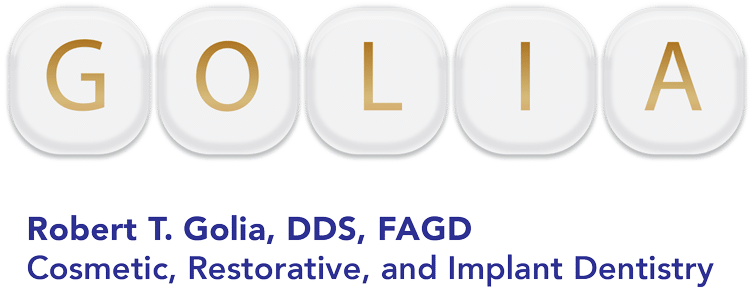Temporomandibular Joint (TMJ) is the joint connecting the jaw and skull. Temporomandibular Dysfunction (TMD) is the proper name of the painful symptoms that can arise from different causes. Fortunately, the condition is reversible in most cases given proper treatment.
What is TMD Syndrome?
The acronym TMJ stands for temporomandibular joint. The joint is located on either side of your jaw and is responsible for connecting your jawbone to your skull. TMD syndrome involves pain in the joint itself and the surrounding muscles.
Is TMD Common?
The National Institute of Dental and Craniofacial Research reports that up to 12 million Americans have TMD and related disorders.
Symptoms of TMD
When the muscles and joints are irritated, patients can exhibit various symptoms. These may include jaw pain, headaches, shoulder and neck pain, popping and clicking noises from the jaw, and pain or ringing in the ears.
Doctors sometimes misdiagnose ear pain and headaches from TMJ, sending patients to ENTs or neurologists. Whenever a patient has this type of pain, doctors and dentists should consider TMJ.
Causes of TMD
95% of TMD symptoms are muscular in origin.There are multiple contributing factors for TMD. Clenching and grinding teeth (Bruxism), usually associated with stress is the most common. Trauma is also related and it is responsible for damage to the joint itself. Pain can come from arthritis as well as genetic factors, but these are more rare.
A poor bite frequently is associated with TMD. People who chew gum too often may develop the condition. Musicians can also develop the disorder due to repetitive motions.
Treatments for TMD
Dentists have many treatment options for TMJ. Since most cases of TMD are muscular in nature, conservative therapy is the first option. After a comprehensive work up, the first option is the fabrication of an appliance (night guard) that is designed to foster muscle relaxation. In some cases where symptoms continue, physical therapy (PT) is recommended and is usually very successful. In cases where the bite is really bad, orthodontic therapy may be necessary to correct the bite.
Some dentists use Botox to relax the tight jaw muscles. Acupuncture may also work, along with other alternative therapies.The use of these modalities should be tried only after all conservative therapies have been exhausted.
In extreme cases, dentists may recommend surgical treatment. There are several types of TMJ surgery:
Arthroscopy
Arthroscopy is a less invasive alternative to open-joint surgery. The surgeon accesses the joint through a narrow tube and uses tiny instruments to complete the procedure.
Using arthroscopy, surgeons can relieve pain and swelling, reshape the joint, remove scar tissue, and inject the targeted medication.
Arthrocentesis
Arthrocentesis involves injecting special fluid into the joint, which washes away inflammation. It is a non-invasive, front-line treatment with a high success rate.
Open-Joint Surgery
The surgeon can remove bone and tissue causing pain during an open-joint procedure. The joint, bone, or cartilage may be fused and need separation.
Frequently Asked Questions
Is there anything I can avoid doing to make TMJ less painful?
Avoid eating chewy or hard foods, including raw carrots, apples, ice, pretzels, and gummies. Simply holding your mouth open can cause more irritation. You may want to reschedule routine dental visits if you have pain on any given day. Also, if you are a musician, try to reduce the time you practice while experiencing pain.
Are there home remedies I can use?
Ice helps at the onset of pain, replaced by moist heat after the first day. As stated above, avoid chewy or crunchy foods while your jaw hurts. Try to reduce your stress levels. You can also take over-the-counter pain medication.
Does TMD affect overall health?
Yes, untreated TMD disorders can damage your overall health. If you are in constant pain, you may be unable to sleep. You may avoid eating, leading to poor nutrition or blood sugar issues.
In addition to headaches and jaw aches, you could experience nausea and dizziness. You may be unable to turn your head correctly, leading to lower flexibility.
How likely is it that my TMD will come back after treatment?
If you are careful with lifestyle changes, you may be able to avoid a recurrence. Stay away from stress as best you can. Avoid chewing gum for long periods. Continue to wear your night guard appliance.
Treating and Preventing TMD
If you have TMD, you may have given up hope that your pain will someday ease. Dentists have many treatment options for the disorder. In most cases, dentists can reverse it over time.
Make an appointment with your dentist today to discuss your jaw pain and determine whether TMD is the cause.
Call Golia Dental
You don't have to live with the intense pain of TMD. Call Golia Dental at 203-248-7400 if you are experiencing pain in your jaw and believe you may have TMJ.

